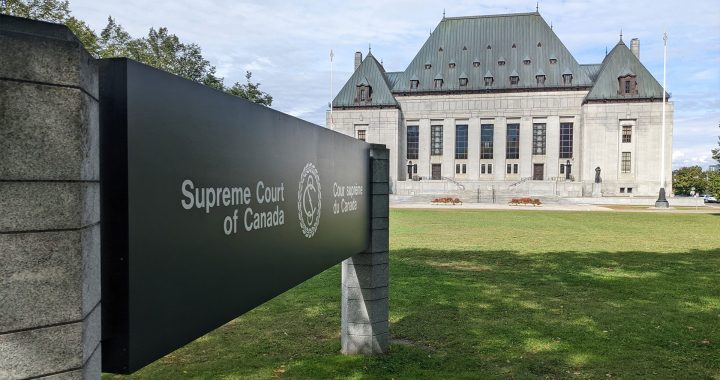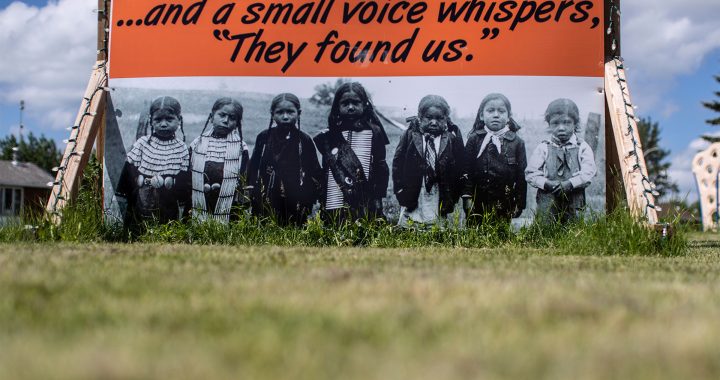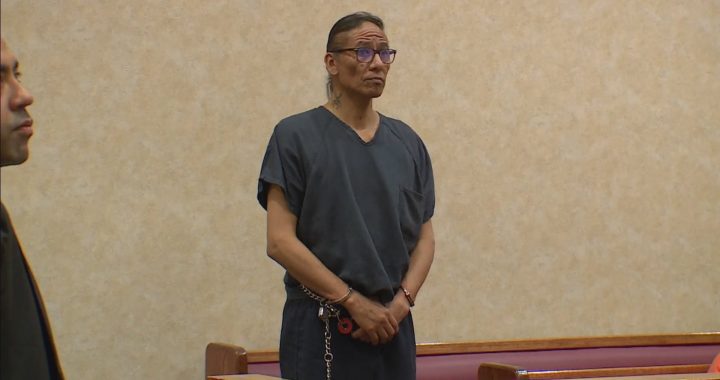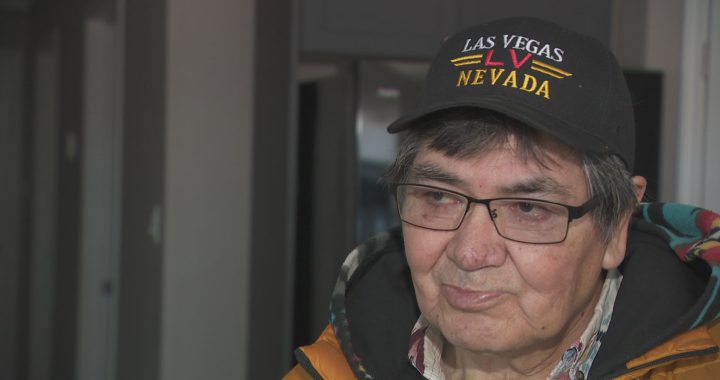First Nations children living on-reserve in Manitoba are now eligible for provincial disability-related services like home care after a 14-year legal battle was settled.
Previously, children with disabilities on-reserve were restricted from accessing provincial services due to jurisdictional disputes of who should foot the bill – the provincial or federal government.
It was Harriet Sumner-Pruden who, in 2010, filed a complaint with the Manitoba Human Rights Commission on behalf of her then-eight-year-old son Alfred (Dewey) Pruden.
Sumner-Pruden alleged her son was denied, delayed and, at other times, received interrupted services that were offered to non-First Nations communities near their home of Pinaymootang First Nation roughly 220 kilometers north of Winnipeg.
In 2020, an MHRC adjudicator decided what the family experienced was discrimination, but that decision didn’t apply to all the other families dealing with the same struggle.
Settlement agreement
On Monday, that oversight was resolved with a settlement agreement signed by the Manitoba government, MHRC, and Dewey’s family ending the eligibility restrictions – 14-years after the battle for justice began.
The settlement agreement comes with two main commitments from the province: to expand children’s disability services and home care eligibility to First Nations children living on-reserve, and create a working group with federal and First Nations governments to see how those services can best be delivered.
Sumner-Pruden says she feels relieved and looks forward to the working group’s findings.
“I don’t have any concerns at all because I know it includes our First Nations,” she said. “We’re at a time where the topic of reconciliation is at the table and I hope it moves forward in a positive way.”
Karen Sharma, MHRC’s executive director, says the dialogue is necessary to address the disparity in services First Nations people face.
First Nations children
“Of course, we want to make sure that First Nations children living in Manitoba have access to the supports that they’re entitled to, but we need to go a step further to improve the supports that are out there, and better align those supports with the right to self-determination.”
Sharma says the province has committed to participating in the working group over the next couple of years and will be required to send semi-annual reports to the MHRC, which will be monitoring the progress.
“[That way] we can see that there has been real progress toward that commitment to really ensure that the services and supports that are needed for First Nations children are happening in Manitoba.”
Sharma says the issue of jurisdictional disputes like this are at the core of what Jordan’s Principle is about, a principle that ensures First Nations children on and off reserve have access to government services when they need them without the delays seen in the case of the late Jordan River-Anderson.
“No matter who you are and where you live, that principle of equality and inclusion is first and foremost, so resolving this complaint was really about ensuring that we see the principle of Jordan’s Principle realized in Manitoba,” said Sharma.
Now an adult
Dewey is now an adult at 22 and will no longer benefit from the eligibility change.
Still living in Pinaymootang, Harriet says her son continues to have difficulties accessing services near their community.
“We do have limited resources in our communities, our First Nations communities,” she said, noting it’s something she hopes the working group will fix.
During this long fight, Harriet says it was the voices of her ancestors that kept her going.
She says when Dewey, who has complex physical, cognitive and intellectual disabilities, signed the settlement agreement on Monday it reminded his parents of their ancestor, former Pinaymootang Chief Richard Woodhouse, who was a signatory of Treaty 2.
“I always hear that echoing in my mind of them speaking to me and saying, ‘Be resilient and keep moving forward.’”









